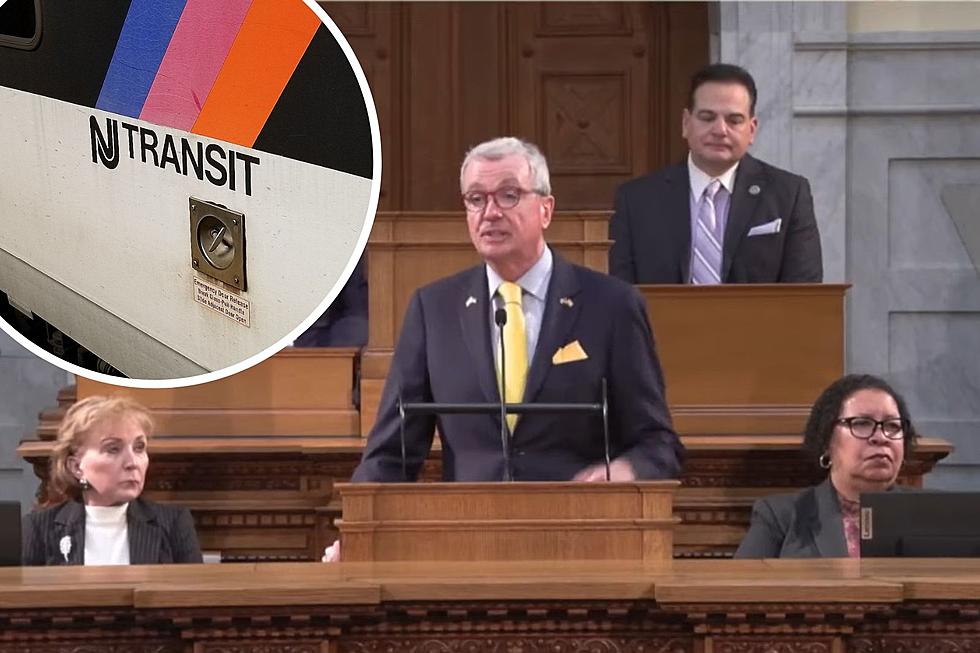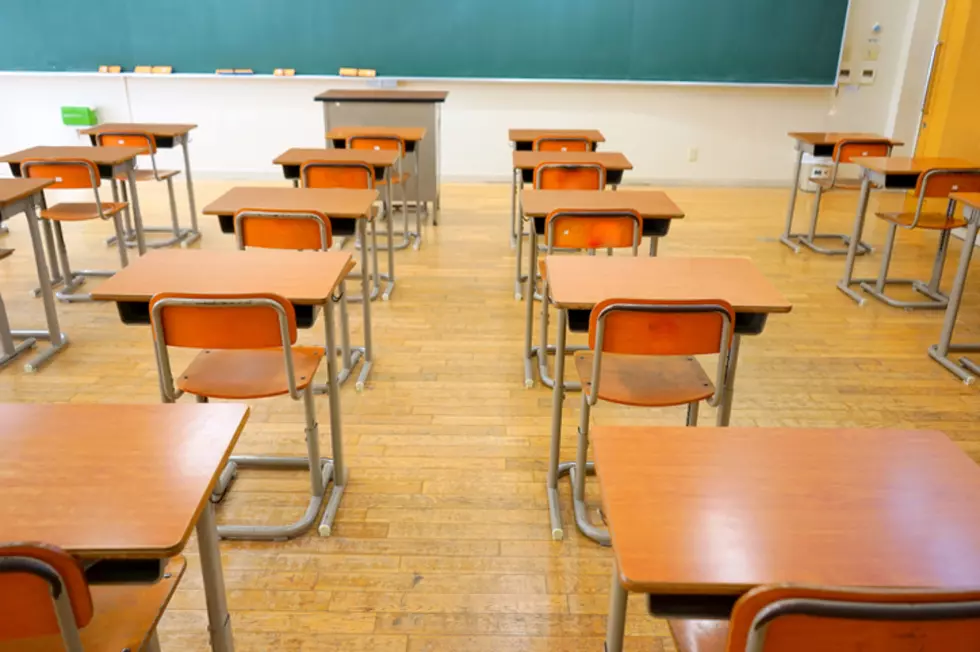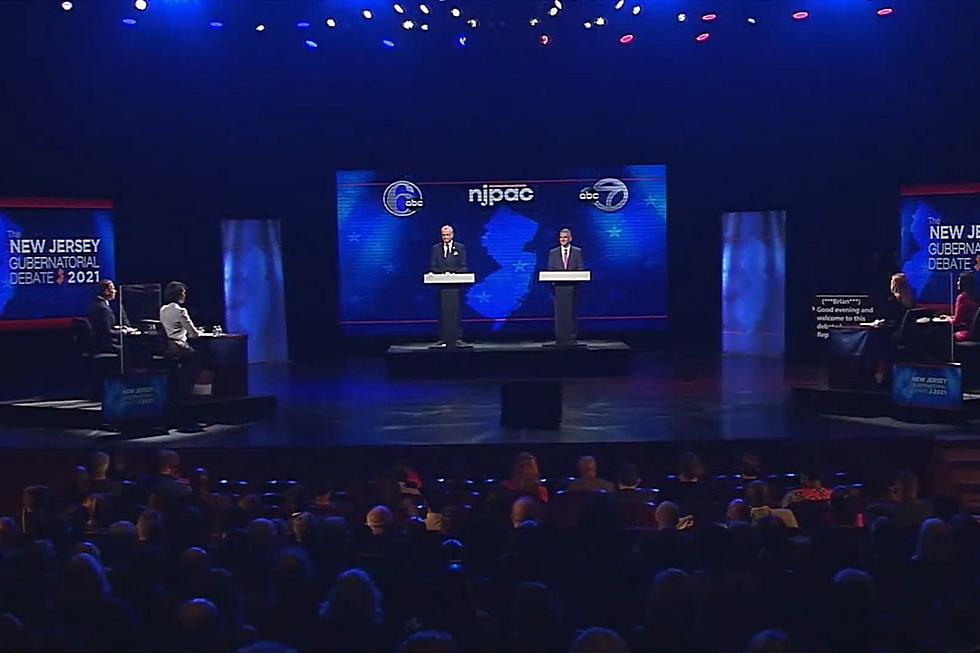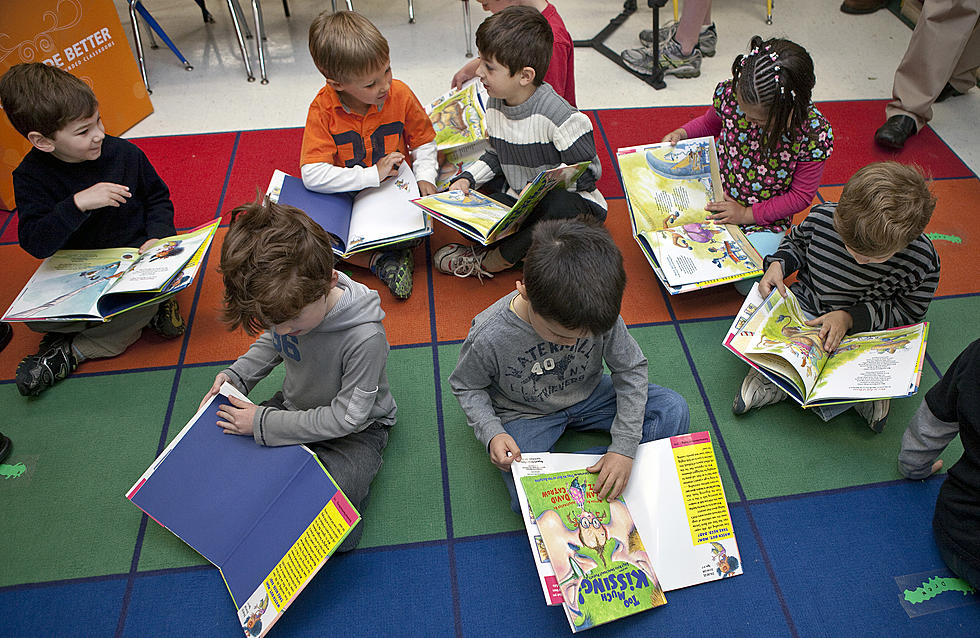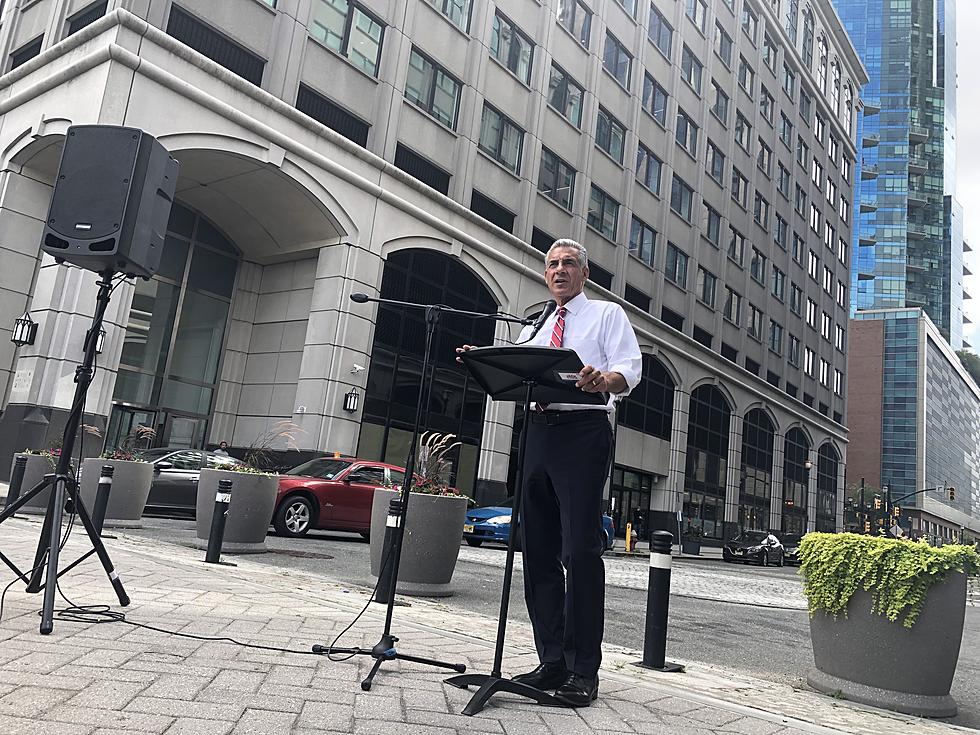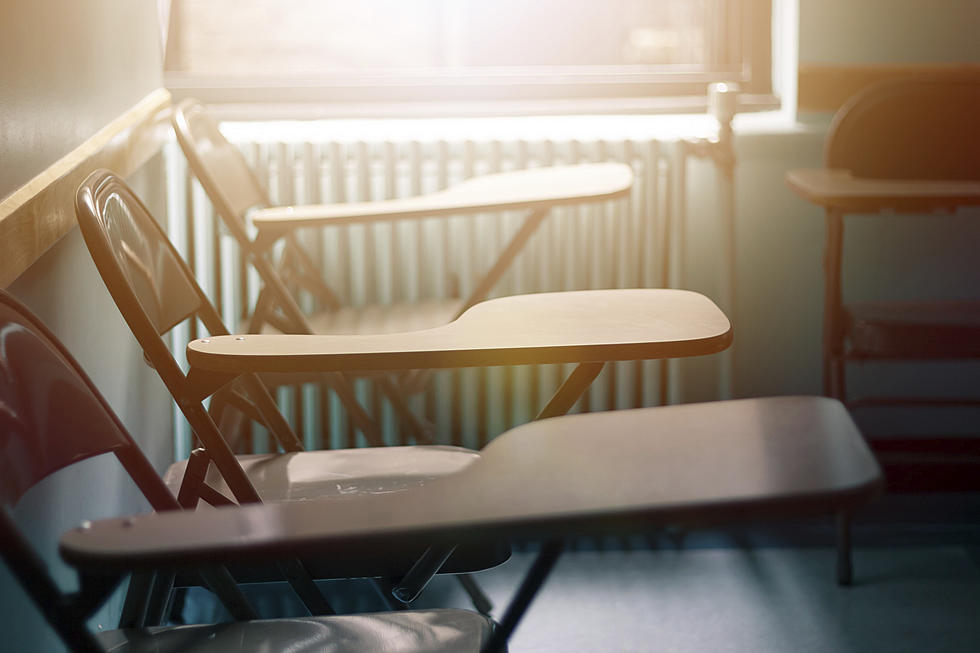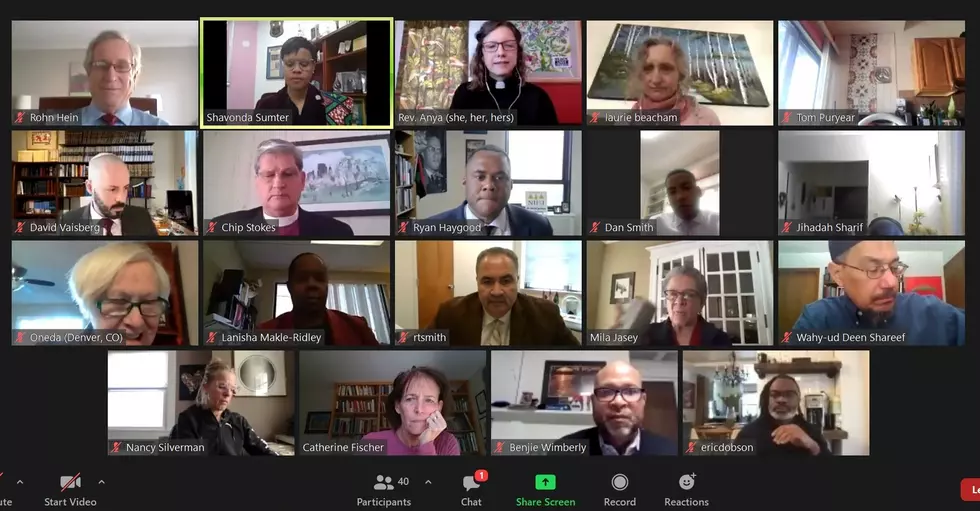
Report Suggests Reparations to Fix NJ School Funding Inequities
TRENTON – School funding in New Jersey remains unequal despite four decades of efforts to address the effects of segregation, according to a new report that argues for reparations including direct rebates to Black and Hispanic households.
The report by New Jersey Policy Perspective says the reasons many minority students don’t receive the resources they need to have an equal educational opportunity are rooted in systemic discrimination and racism, such as housing practices known as “redlining” and “blockbusting” that continue to echo.

Despite extra state aid to city schools, overall property taxes that include other services mean Black and Hispanic communities still pay higher tax rates to make up for home values depressed by years of the discriminatory practices, the report says.
'Black tax' and 'Latinx tax'
Report co-author Bruce Baker, a professor at Rutgers University’s Graduate School of Education, called those higher rates a Black tax and a Latinx tax. The report estimates those taxes to amount to 0.67% and 0.44%, respectively.
“We argue that that could be remedied by direct payments to offset that tax margin that is paid in excess by Black and Latino homeowners,” Baker said.
The report also says Hispanic students’ schools are shortchanged and need more state aid and that more funds needs to be directed to predominantly Black communities like East Orange, Irvington and Willingboro, where the populations are 80%, 80% and 70% Black according to the 2020 Census.
“There’s an additional margin of cost that needs to be addressed that is specifically associated with racial isolation,” Baker said.
Within New Jersey, the report contrasts East Orange with Millburn, Willingboro with Moorestown and Lawnside with Haddonfield. It also compares New Jersey with Connecticut and Massachusetts, which like New Jersey are politically progressive but racially and economically segregated.
Fully fund formula, then change it
Report co-author Mark Weber, a teacher in Warren Township and NJPP’s special analyst for education policy, said New Jersey does better than some places in the country but could do more – starting with fully funding the state’s school aid formula, which he said hasn’t happened since its approval in 2008.
“Nothing is going to happen for schools unless we have adequate and equitable funding,” Weber said. “If you get into the meat of the report, you’ll see that we have some recommendations in terms of how we should change the formula, but really there’s no point in changing it unless it’s going to be fully funded.”
The report says the formula should be recalibrated to updated goals, in particular the additional costs associated with racially isolated neighborhoods and schools.
Sean Spiller, the president of the New Jersey Education Association, said that although the state’s overall educational system is good, there are problems that need to be addressed.
“The issues that have been identified were generations in the making, for sure,” Spiller said. “But our generation has an obligation to carry on the work of undoing and overcoming the historic and ongoing injustices that exist in our communities and our public schools.”
Pandemic exposed shortcomings
Spiller said those disparities could be seen in the pandemic by which schools were able to reopen and which ones had trouble providing laptops to kids. He said it continues in building improvements, hiring reading coaches and more.
“We have to talk about the clear, historic, ongoing inequities that leave some communities far less than they need in order to make those investments,” he said.
Census 2020: The 20 biggest places in New Jersey
The 10 most-lobbied bills in Trenton in 2020 and 2021
More From WPG Talk Radio 95.5 FM
